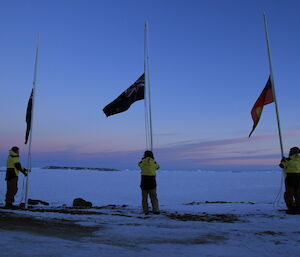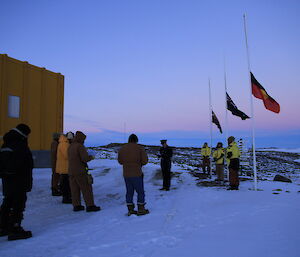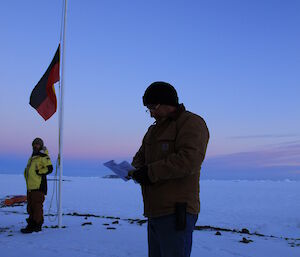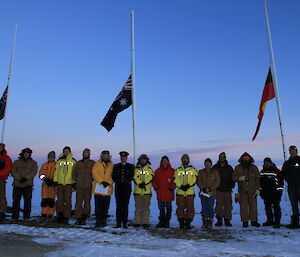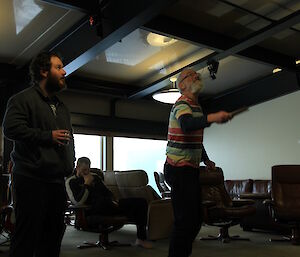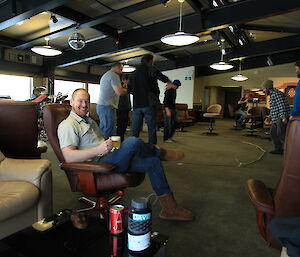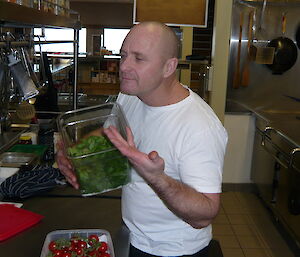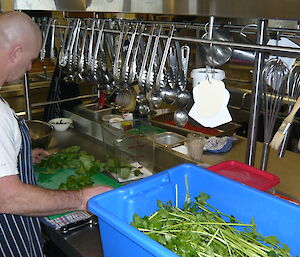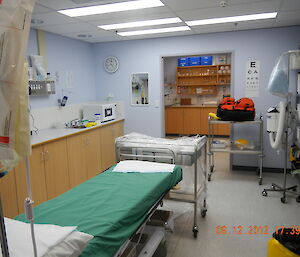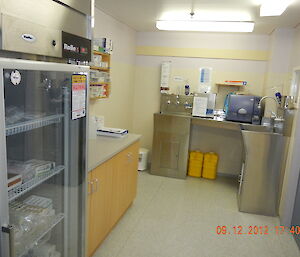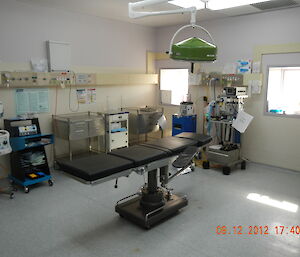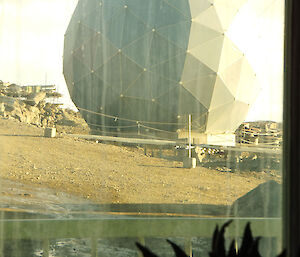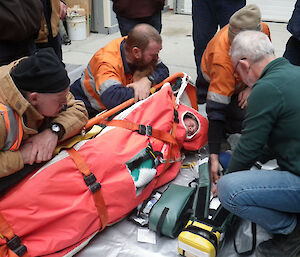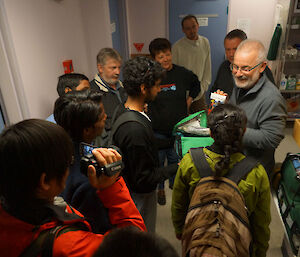Why work in Antarctica when there’s plenty of work at home? Good question and, yes, medical practitioners are in great demand in most places in Australia. I arrive in this situation, taking on a wintering medical practitioner position at Davis, in a “Sliding Doors” moment (from the Film directed /produced by Peter Howitt). That is, life’s possibilities put me in a situation amenable to change.
I didn’t have any previous ambition to be here except perhaps a distant boyhood fascination with the aurora borealis when I lived in Britain. Now that I have seen aurora australis in its splendour, I just need to get to the far north at some stage to complete the quinella.
This winter at Davis we have 17 expeditioners, including myself, in this very remote — dare I say - part of Australia! Someone has to be here as general practitioner, nurse, pharmacist, cleaner, radiologist, haematologist, microbiologist, dentist, and educationalist — among other things - to support the expeditioners in their year round work and recreation.
This broad sweep of work is what attracted me to polar medicine. Here, acquisition and up-skilling in multiple medical areas occurs as a matter of necessity. This multi-faceted training indeed reflects the changing role of medical practise in Australia. Long gone are these once common place skills from the practitioner in suburban practice.
Isolation doesn’t necessarily mean inferior or risky. I have an extensive armamentaria of specialists, experience and advice available via telephone, internet and telemedicine.
The environment naturally (pardon the pun) is phenomenal. The experience of Antarctic weather conditions and fauna (not a lot of flora to get excited about) is breathtaking — another huge attraction and benefit of the work I enjoy.
For me another terrific experience is that of community living. It takes special people to take the plunge and work in Antarctica and the wide skill set of expeditioners highlights what a talented group they are.
So come on in, the water’s fine!



